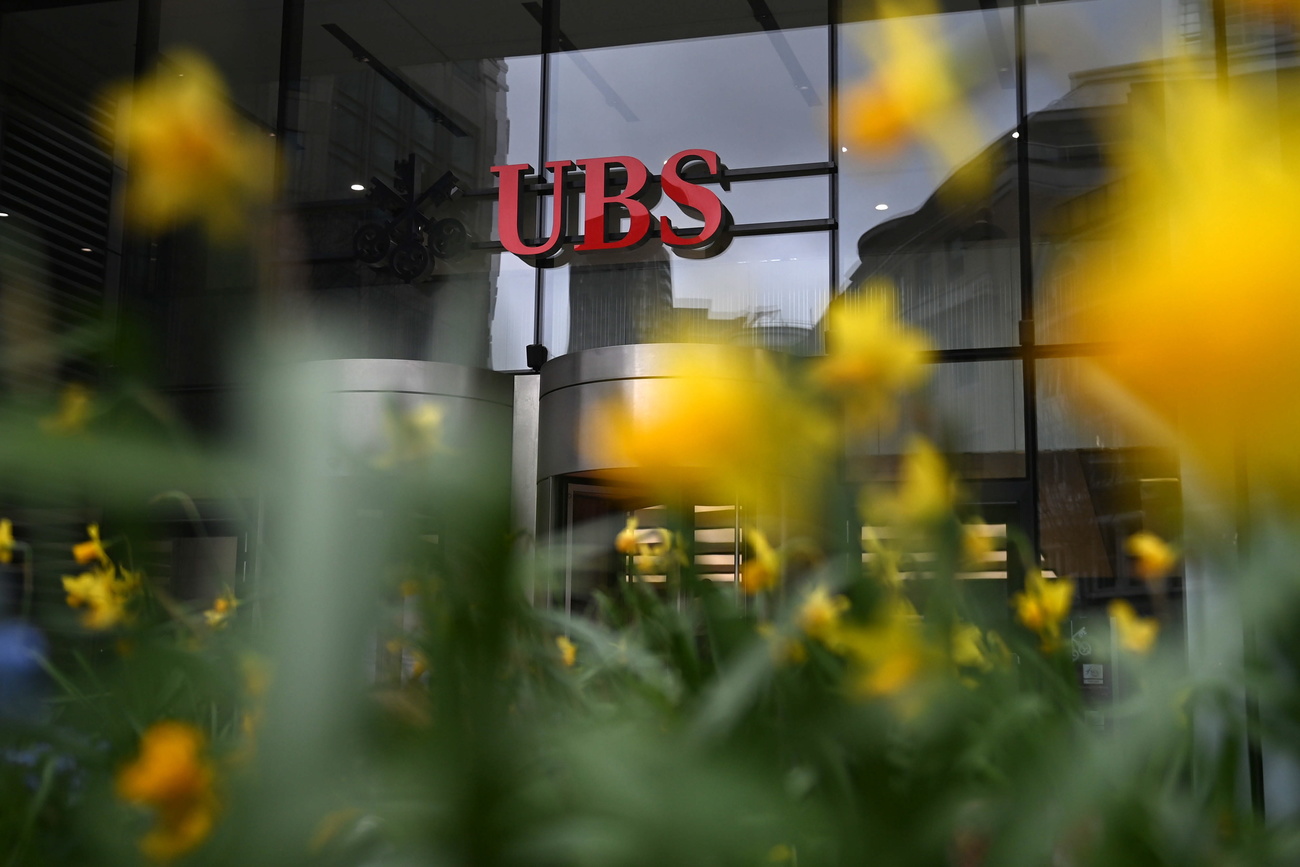Does a giant UBS offer more risk or reward?
UBS has ambitious growth plans since taking over rival bank Credit Suisse. Switzerland’s last remaining large global bank wants to turbo-charge its wealth management business and gain market share around the world. This makes some people nervous. UBS’s balance sheet is already twice the size of the entire Swiss annual economic output. This means the bank could bring down the economy if it goes bust.
What do you think? Does an ambitious global bank promise greater prosperity for Switzerland? Or does the risk represent too much of a gamble for such a small country?


































Join the conversation!